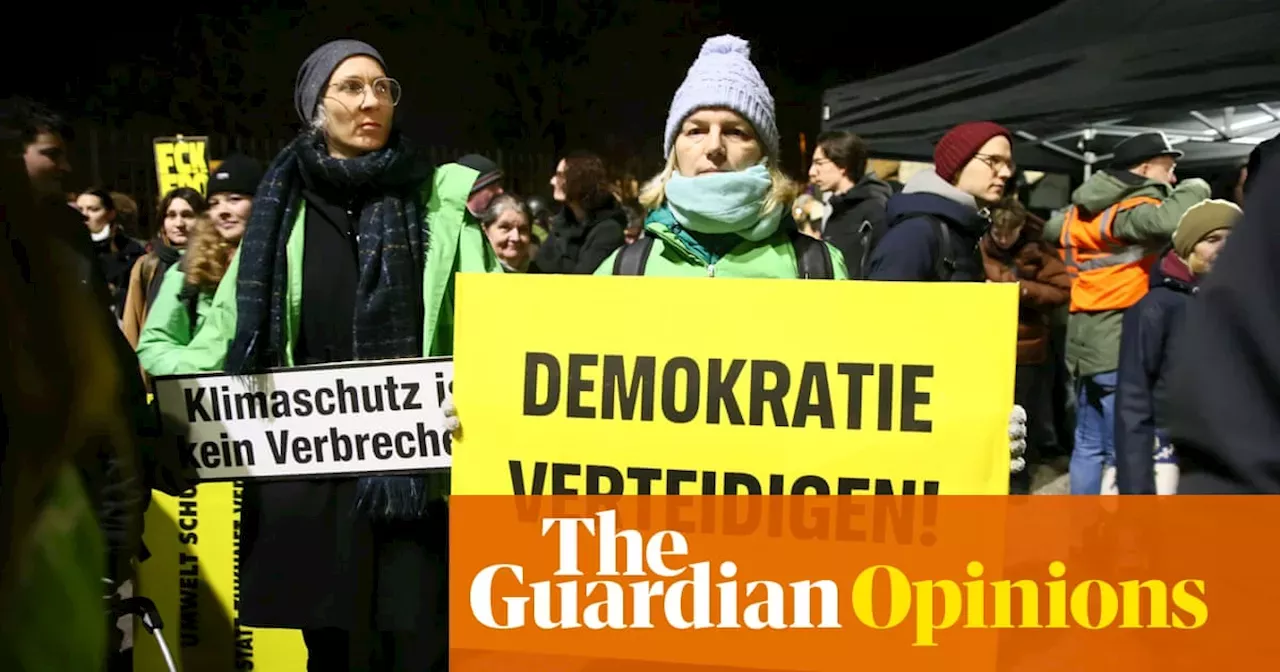As national populist parties gain ground in the west, progressives must put social and climate priorities ahead of market interests. The rise of illiberal movements between mainstream parties is the latest confirmation of the illiberal drift in western democracies. Only a few years ago, Viktor Orbán’s Hungary remained a troublesome outlier in the European Union. These days, variations on Mr Orbán’s ethno-nationalist approach to 21st-century politics are flourishing across the continent.
And in a week’s time, Donald Trump will be campaigning for a third term as president.Against a backdrop of stagnating living standards and rising inequality, the growing appeal of national populism should not come as a surprise. The targeting of immigration, “liberal elites” and globalisation has channelled resentments felt in deindustrialised regions, where good jobs and a sense of identity were lost as capital and investment moved elsewhere. The migration of the working class to cities, while boosting urban economies, has left many rural communities feeling forgotten and left behind.In a new book to be published this week, the philosopher Michael Sandel and the economic historian Thomas Piketty suggest that this landscape, though now familiar, continues to be inadequately confronted by centre-left parties. Reprising themes outlined in his 2019 work, Capital and Ideology, Prof Piketty advocates a return to the levels of taxation on corporate and individual wealth that characterised the postwar period, prior to financial deregulation and the free flow of capital across borders. “We’ve given up,” he argues, “on some ambitious continuation of the egalitarian agenda of making the most powerful economic actors accountable to democratic control, making them contribute to the public goods we need to fund.” Prof Sandel also critiques the reluctance of liberal politics to hold mobile and rootless capital to account, resulting in an explosion of resentment in working-class areas that traditionally looked to the left to defend their interests. Rightwing populism has filled the gap vacated, with Maga-style promises to restore lost status and dignity as well as economic power. In the years since the twin shock of Brexit and Mr Trump’s first presidential election victory in 2016, centre-left politicians have too often relied on such analyses while failing to significantly challenge the economic status quo. The levying of global wealth taxes on multinational corporations and individuals remains, to put it mildly, a distant prospect. The key argument in Equality is that by failing to confront these issues when in power, centre-left governments helped pave the way for the rise of anti-immigrant nationalism in western democracies. In the absence of an alternative political offer, the anger felt by globalisation’s losers has been hijacked and misdirected by the far right. Prof Piketty dreams instead of a new internationalism, in which social and climate goals take precedence over the “sacralisation” of free trade and the free movement of capital. As progressives search for a political compass in worrying times, that is not a bad place to begin
